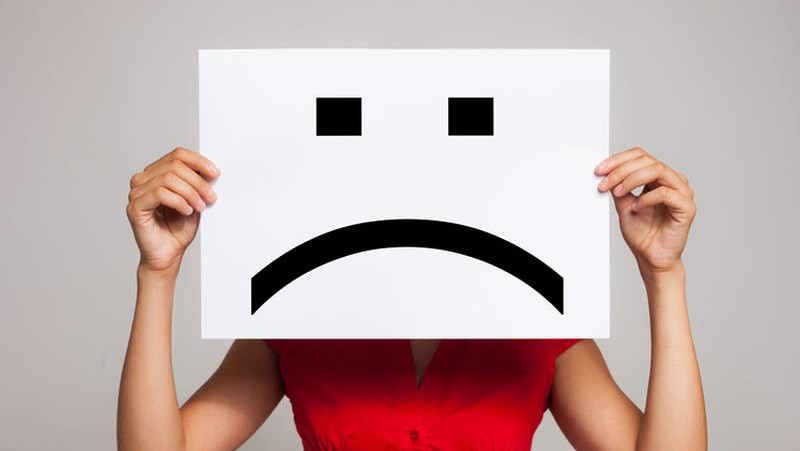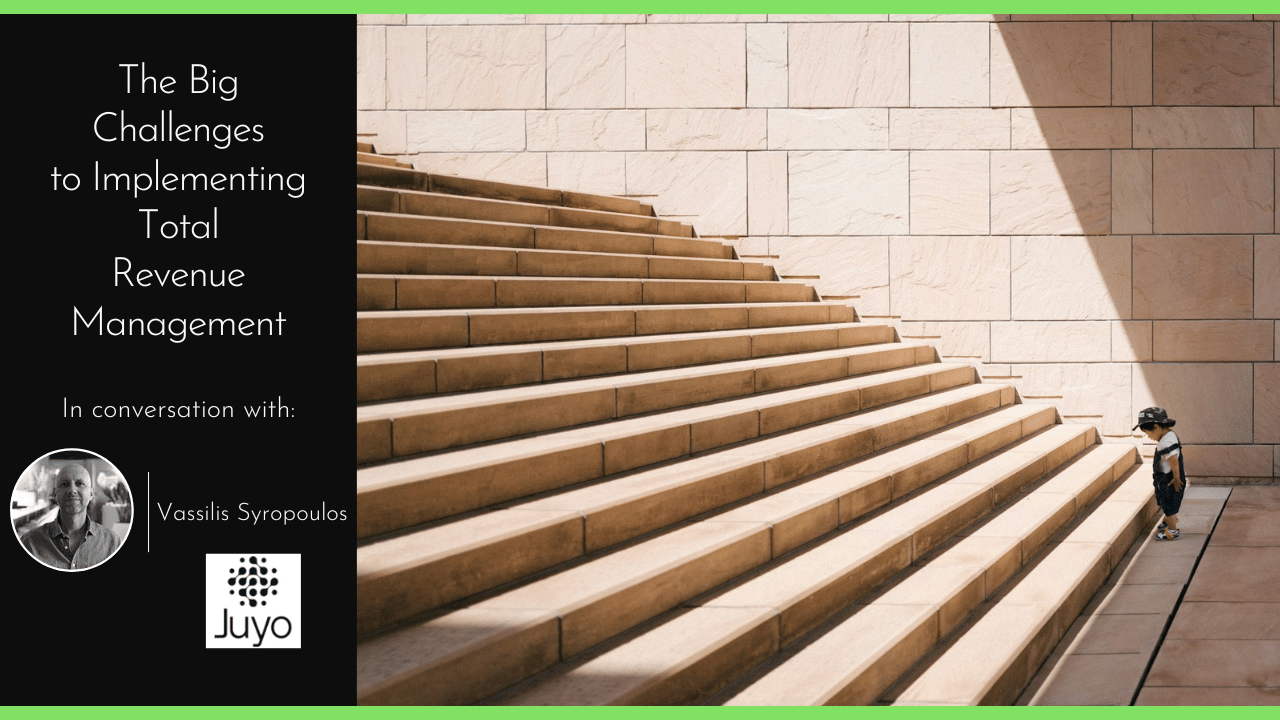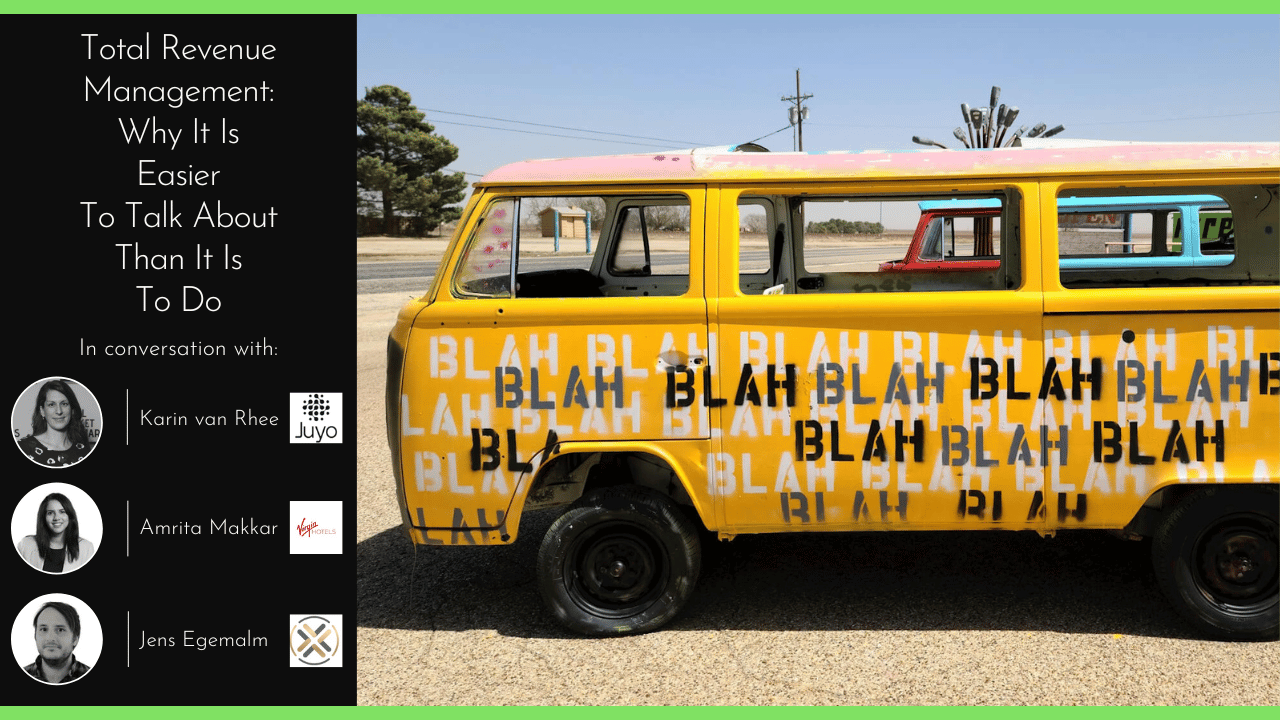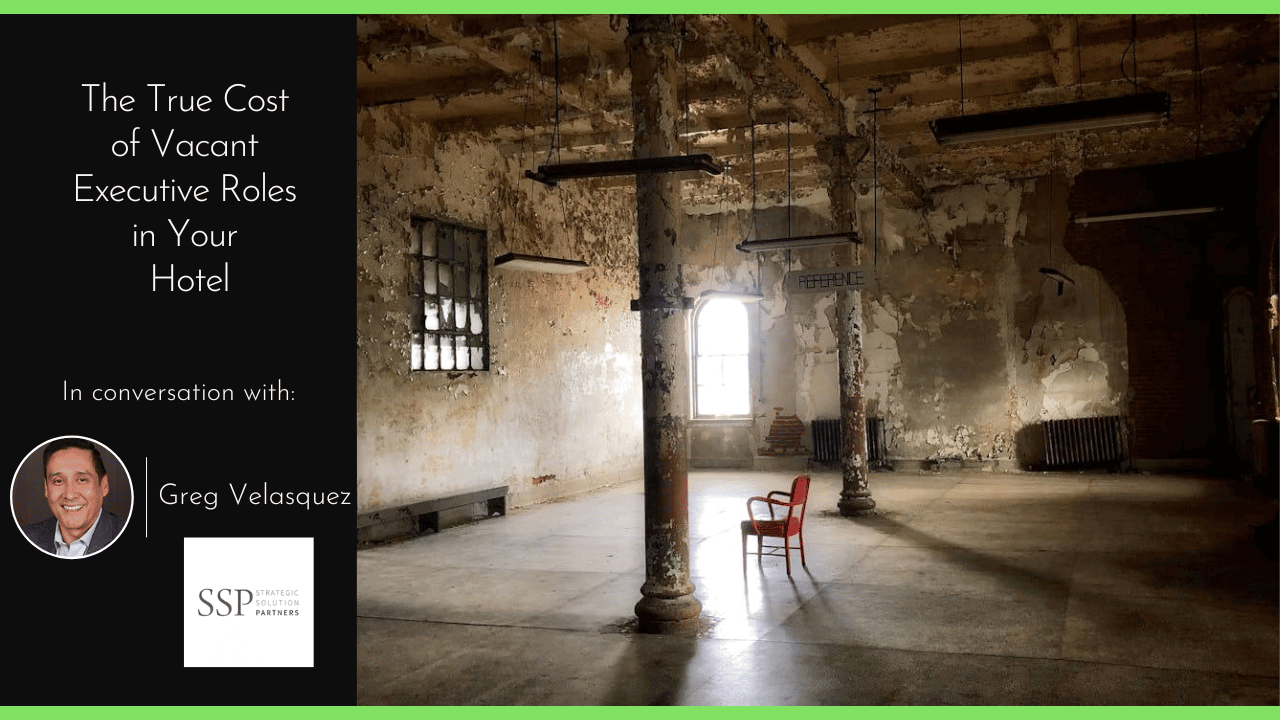
Based on our February 2023 Hotel Horizons® report, we are forecasting that total hotel revenue for the average U.S. hotel returned to pre-COVID levels in 2022.
NB: This is an article from CBRE
This occurred despite the fact that the average occupancy for U.S. hotels is not expected to exceed 2019 levels until 2026. With occupancy levels lagging during the post-COVID recovery and guest counts depressed, hotel owners and operators have had to look for alternative sources of revenue beyond the rental of guest rooms to make up for the income deficits.
Subscribe to our weekly newsletter and stay up to date
For some hotels in the U.S., parking has become a profitable source of revenue since COVID and helped fill in the revenue gap.
The increase in parking revenue has occurred, in part, because an increasing number of hotels started to charge guest for parking on-site. In 2019, 17.0% of all the hotels in CBRE’s annual Trends® in the Hotel Industry database reported parking revenue. This number rose to 20.4% in 2022. Further, hotels that already managed a parking operation before COVID increased the price they charged guests to park their cars.
To analyze the increase in U.S. hotel parking revenue, CBRE studied a sample of 520 hotels that reported parking revenue for our annual Trends® survey each year from 2019 through 2022. In 2022, these hotels averaged 324 rooms in size, an occupancy of 65.4%, an average daily rate of $245.25, and a RevPAR of $157.05, versus the $163.07 RevPAR achieved in 2019. Since the sample consists solely of properties that reported parking revenue, it is skewed toward full-service hotels located in urban areas. This explains the relative high room counts and ADRs for the sample.
Revenue Growth
Since larger, urban hotels suffered the most during the pandemic, it is not a surprise that the average property in our sample has yet to return to their pre-COVID levels of total hotel revenue. On average, 2022 total revenue for the study sample is just 95.9 percent of 2019 total revenue.
Figure 1: Revenue Recovery by Property Type

Source: CBRE Hotels Research, Trends® in the Hotel Industry. Same-store sample of 520 properties that reported parking revenue 2019 through 2022.
However, parking revenue for the properties in the study sample is 103.1% of 2019 levels. This is particularly noteworthy because the number of rooms occupied at the average property in the sample from 2022 was still 14.6% less than in 2019. Parking revenue, which is measured on a per-occupied-room (POR) basis, was 20.7% higher in 2022 compared to 2019, a clear indication that hotels have significantly increased the price they charge guests to park. Parking rate increases are not only an effective way to increase revenue, but they also help offset inflationary pressures on operating expenses.
Figure 2: Revenue Recovery by Location

Source: CBRE Hotels Research, Trends® in the Hotel Industry. Same-store sample of 520 properties that reported parking revenue 2019 through 2022.
Consistent with macro travel trends, resort hotels, as well as properties located in resort/destination locations, enjoyed the greatest increases in parking revenue from 2019 to 2022, both on a POR and per-available-room basis. This implies increases in both parking prices and business volume. Limited-service and extended-stay hotels appear to have benefited from their relatively strong performance to drive parking revenue during the post-COVID recovery period. Airport properties were another group of hotels that took advantage of their location to be creative and generate more revenue from their parking lot or garage.
Several factors currently influence the decisions hotel managers make as they set parking rates:
- Kastle Systems, in conjunction with CBRE, has reported that office occupancy levels in the urban core of major U.S. markets have just returned to the 50% level. This has left a surplus of available parking spots in several downtown markets. A surplus of parking in urban areas can mute the ability of hotels to raise parking rates as lot and garage owners struggle to gain market share.
- On the other hand, the surplus of parking spaces provides urban hotel owners and operators an opportunity to lease multiple parking spots at nearby lots and garages at relatively low rates. Hotels can then capitalize on their lower cost basis and maximize profits.
- Like guest rooms, hotel parking spaces are not subject to long-term leases. Therefore, hotel parking lots can utilize technology and dynamic pricing techniques to maximize revenue during different market conditions.
- Hotel guests do not typically choose a hotel based on the cost of parking. However, location is frequently cited as an important factor. If guests must drive to stay at the preferred location, then the hotel gains pricing leverage.
Impact on Revenue
Despite these growth figures, parking is still a minor source of revenue for hotels. In 2022, parking revenue for the average hotel in our study sample was 3.1% of total revenue. However, parking revenue has grown faster (3.1%) than total hotel revenue (2.8%) from 2019 to 2022. Parking as a percent of total revenue peaked in 2020 and 2021, highlighting the increased reliance of hoteliers on this alternative source of revenue during the height of the pandemic.
When analyzing the sample by property type, parking revenue made up the greatest share of total revenue at extended-stay hotels (5.3%) and all-suite hotels (4.9%) during 2022. Urban (3.7%) and airport (3.5%) hotels enjoyed the greatest contributions from parking revenues when segregated by location category.
Parking Profits
Consistent with the increase in revenue, hotel parking profits have increased from 2019 to 2022. On average, the properties in our sample achieved parking department profits during 2022 that were 8.7% greater than 2019 profit levels. Resort hotels, as well as properties in resort and airport locations, achieved the greatest gains in parking department profits.




